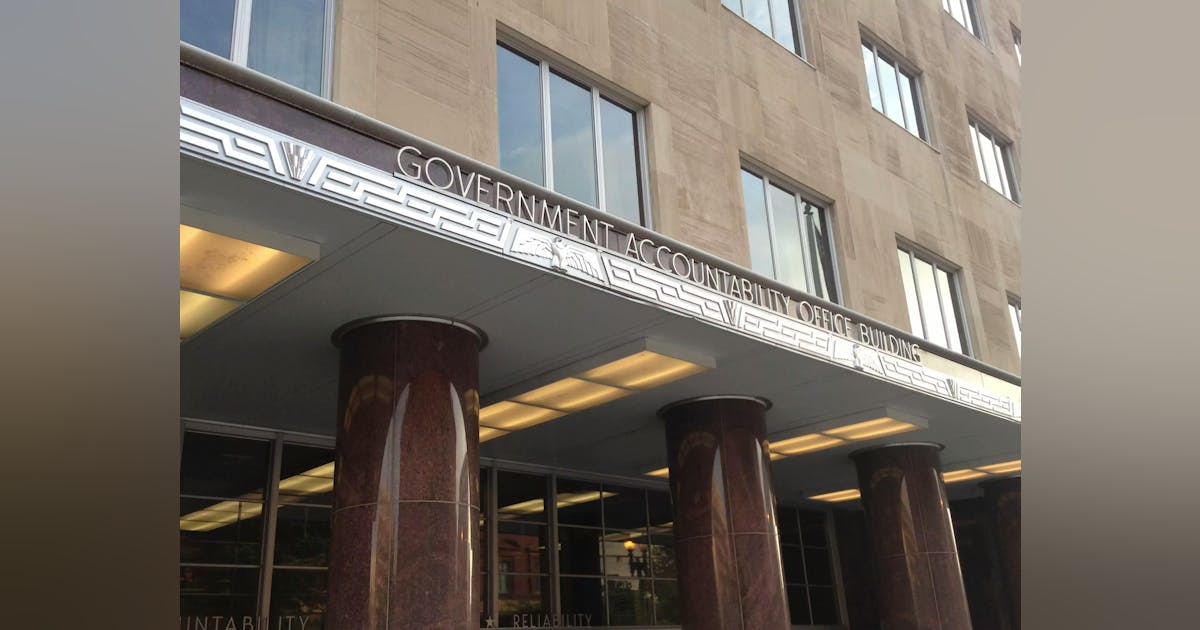[ad_1]
Most pipeline operators complied with a 2020 law to update their plans to identify and repair methane leaks in 2022, but 6 states and one company are lagging, the Government Accountability Office (GAO) said in a report on June 3.
The report, based on interviews with pipeline companies, state regulators and the Department of Transportation’s Pipeline and Hazardous Materials Safety Administration (PHMSA), comes more than 3 years after Congress gave the federal regulator power to control methane emissions.
As of May 2024, Texas, California, Arizona, Colorado, Utah, and New Mexico had not completed their reviews of operators’ methane control plans, PHMSA spokesman Damon Hill said in an emailed response to questions.
Most of the reviews related to operations of intrastate pipelines, specifically master meters and liquefied petroleum gas facilities, GAO said in the report. PHMSA told GAO that it has instructed states to prioritize reviews of gathering, transmission, and distribution pipeline systems because these are at greater risk for methane emissions.
A pipeline inspector in a state that had not completed reviews said the state prioritized completing routine inspections, including to ensure new pipelines met safety standards before they were put in service. States also cited time and resource constraints as challenges related to reviewing company plans.
PHSMA and state authorities told GAO that nearly all operators updated their plans to satisfy the requirements of the PIPE Act of 2020 related to methane releases. But PHMSA said it issued two “letters of concern” to ExxonMobil Upstream Oil & Gas Co. for failing to provide set thresholds for leaks, among other concerns.”
In the June 28, 2023, letters, provided by Hill, PHMSA noted that ExxonMobil “failed to carry out a plan designed to meet the need for pipeline safety” by not identifying and minimizing or halting natural gas releases from its pipeline facilities’ natural gas releases, preventing non-emergency venting and blowdowns from operations, and testing pipeline materials to reduce releases.
ExxonMobil also “failed to carry out a written plan that addressed the replacement or remediation of pipelines known to leak based on their material, (including cast iron, unprotected steel, wrought iron, and historic plastics with known issues) design, or past operating and maintenance history of the pipeline,” the letter continued.
Pipeline companies told GAO that uncertainty about federal requirements hindered their ability to update their plans to detect and repair methane leaks. While PHSMA provided webinars on what to expect during reviews, one operator noted that “without prescriptive requirements codified in federal pipeline safety regulations, it was unclear how to demonstrate compliance,” GAO said.
GAO said the 22 stakeholders it interviewed indicated that improving “Call Before You Dig” programs, updating certain operating procedures, adopting advanced technology, and replacing aging portions of certain pipelines were the best ways to further reduce natural gas pipeline releases and corresponding methane emissions.
[ad_2]
Source link
